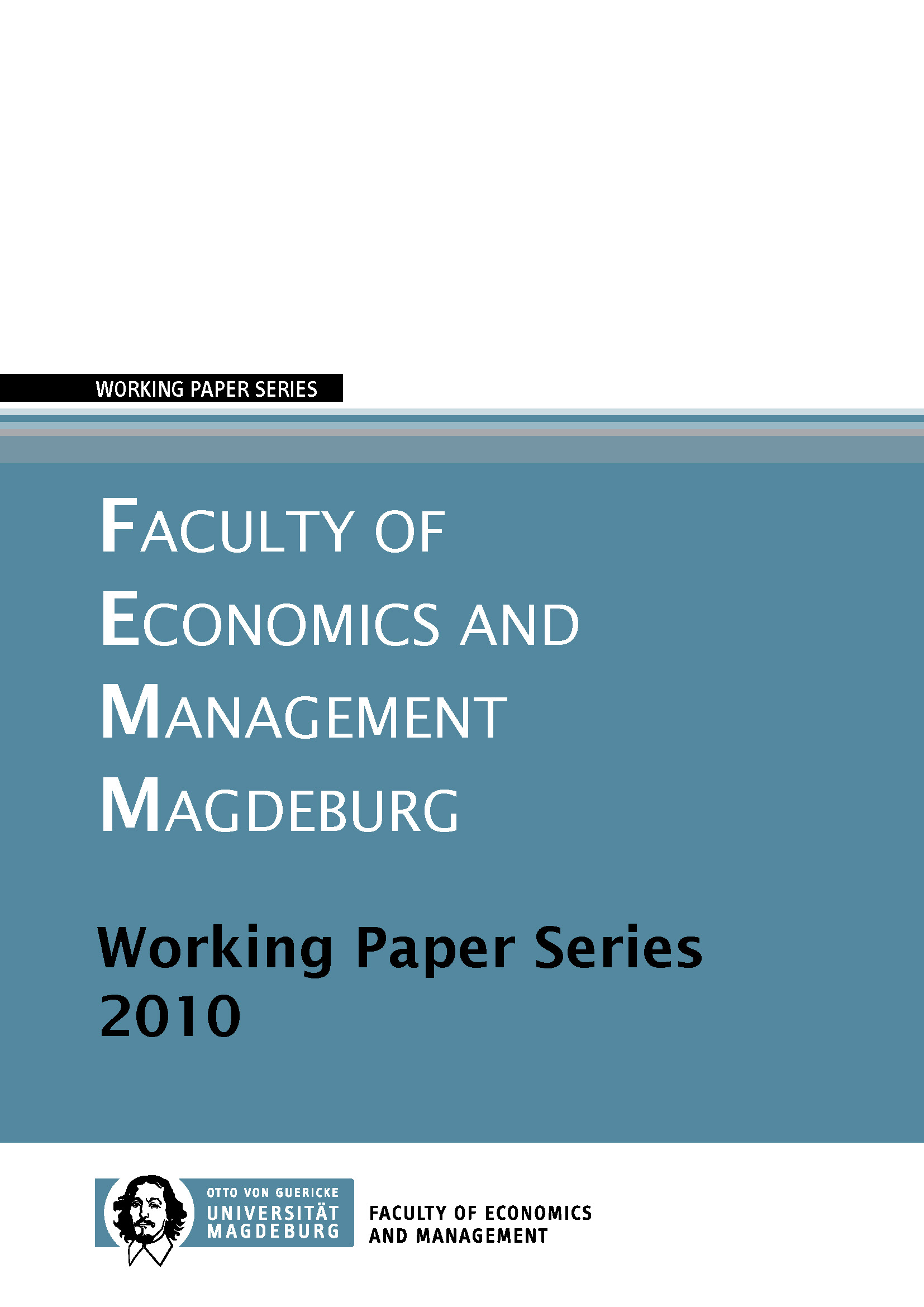Target-Group and Quality Decisions of Inequity-Averse Entrepreneurs
DOI:
https://doi.org/10.24352/UB.OVGU-2018-429Schlagworte:
inequity aversion, nonprofit, quality, rationing, social entrepreneur, user feesAbstract
Limited donations force nonprofit entrepreneurs to ration needy individuals by deciding on who is served at what quality level. We propose a positive model of this allocation for applicants with differing incomes under the assumption of perfect user-fee discrimination. By following recent experimental economic research on social preferences, we assume that entrepreneurs behave inequity averse, i.e. they care about the relative consumption possibilities of others. We find that less inequity-averse entrepreneurs prefer to serve wealthier individuals at high reference quality. In contrast, more inequity-averse entrepreneurs care for the poorest individuals but offer minimum quality. Furthermore, as input costs increase, entrepreneurs with low inequity aversion change the target group, while entrepreneurs with high aversion do not.


